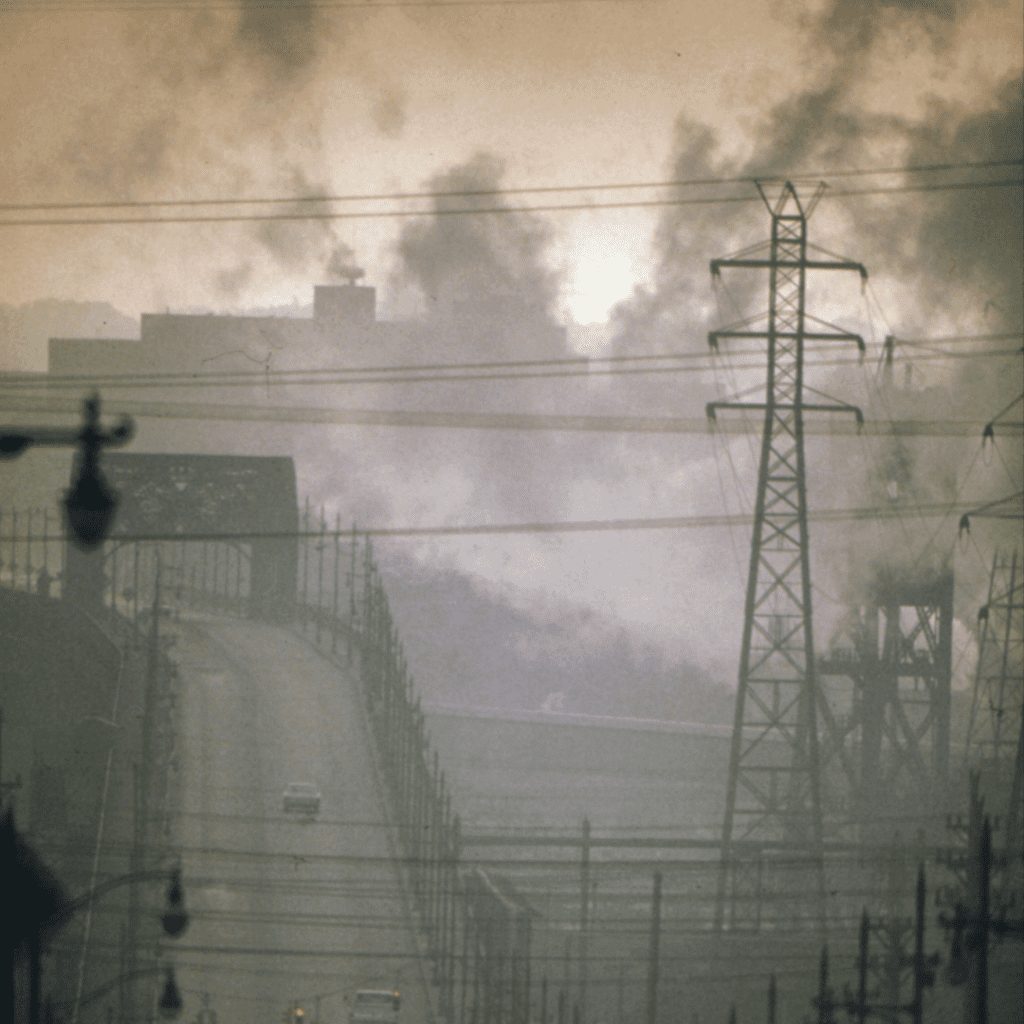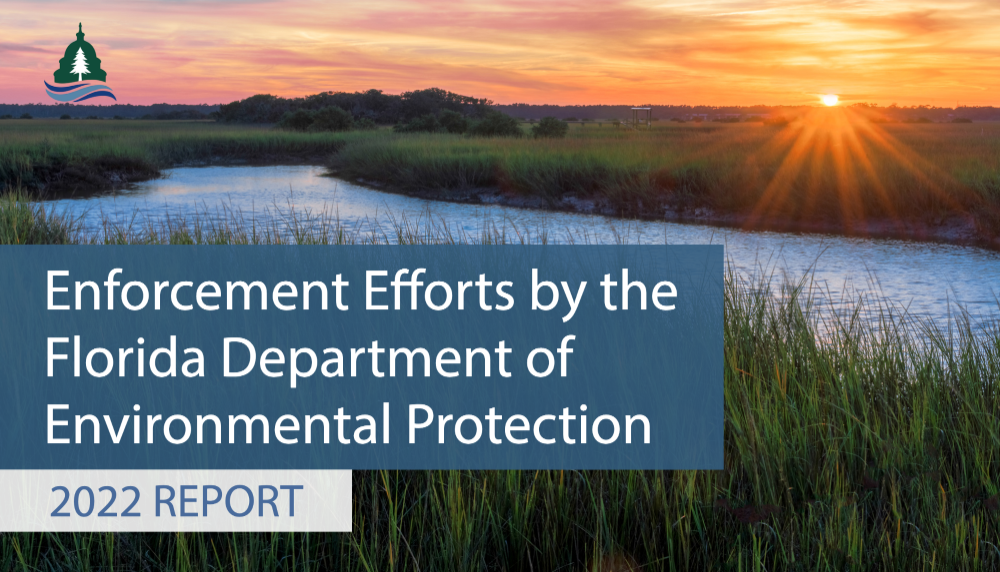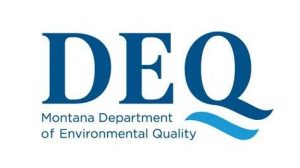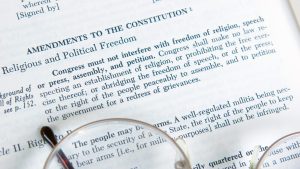Monitoring Pollution Enforcement
 Citizens need to know how to engage with their state and federal environmental enforcement agencies to effectively demand responses to pollution. Anti-pollution laws – Clean Water Act (CWA); Safe Drinking Water Act (SDWA); Clean Air Act (CAA); Federal Insecticide, Fungicide, and Rodenticide Act (FIFRA); and Resource Conservation and Recovery Act (RCRA) – mean little unless the responsible agencies fairly implement and diligently enforce them.
Citizens need to know how to engage with their state and federal environmental enforcement agencies to effectively demand responses to pollution. Anti-pollution laws – Clean Water Act (CWA); Safe Drinking Water Act (SDWA); Clean Air Act (CAA); Federal Insecticide, Fungicide, and Rodenticide Act (FIFRA); and Resource Conservation and Recovery Act (RCRA) – mean little unless the responsible agencies fairly implement and diligently enforce them.
The enforcement system is complex, with states handling much and the federal government often “backstopping” the states. This patchwork resulted from how the national laws evolved. Back in the 1960s and 1970s, when highly-varying state laws proved inadequate to protect the environment, then new federal regulations and minimum standards were put in place. States were allowed to have more protective standards than those minimum standards if they chose to. To this day, enforcement of many, but not all, parts of the CWA, SDWA, CAA, RCRA and FIFRA, as well as their connected state laws and regulations, is a state function.
The enforcement agencies at both of those levels of government often need prodding and “watchdogging.” Thankfully Congress anticipated that, as shown by the fact that most of the Acts have special “citizen suit” provisions that provide affected people with a direct path to Court to obtain enforcement when the agencies falter
Florida Pollution Enforcement Reports
 Since 2004, PEER has examined Florida Department of Environmental Protection (DEP) files to assess pollution enforcement. In a state heavily reliant on its natural beauty for tourism revenue, it has fallen far short of acceptable pollution levels primarily in its waterways and wastewater management.
Since 2004, PEER has examined Florida Department of Environmental Protection (DEP) files to assess pollution enforcement. In a state heavily reliant on its natural beauty for tourism revenue, it has fallen far short of acceptable pollution levels primarily in its waterways and wastewater management.
Despite pledges to strengthen pollution enforcement, Florida state records show declines in virtually all meaningful measures. Notably, violations and significant noncompliance with pollution limits are growing while major enforcement actions are declining.
Federal Enforcement

The EPA uses administrative actions, civil actions, and criminal actions to enforce environmental laws that fall under the agency’s purview. Read More»
State Enforcement

Enforcement of certain environmental laws and regulations is delegated to state agencies, though EPA must often approve state-level programs. Read More»
Citizen Enforcement

Citizens can help fill in cracks in federal and state enforcement of environmental laws by filing citizen petitions and lawsuits. Read More»
RESOURCES
The EPA Enforcement and Compliance History Online (ECHO) website contains databases that users can search for facilities around the country and see past compliance records. Beyond just searching ECHO for pollution sources in your area, for example, you also can:
- Search for EPA criminal and civil enforcement cases, including by individual corporations;
- See enforcement-related maps;
- Review trends in compliance and enforcement; and
- Examine your own State enforcement agencies’ performances.
ECHO also includes “Latest Enforcement News” updates and information on the current Administration’s compliance and enforcement initiatives. The site also has a User Guide.
Other Helpful Sources on Enforcement
A Sheep in the Closet: The Erosion of Enforcement at the EPA , a report by the Environmental Data & Governance Initiative
Paying Less to Pollute, a report by the Environmental Integrity Project
EPA enforcement actions hit 10-year low in 2017, NBC News- Feb. 8, 2018
Environmental Council of States (ECOS), information-rich website on cooperative federalism from states’ perspective

